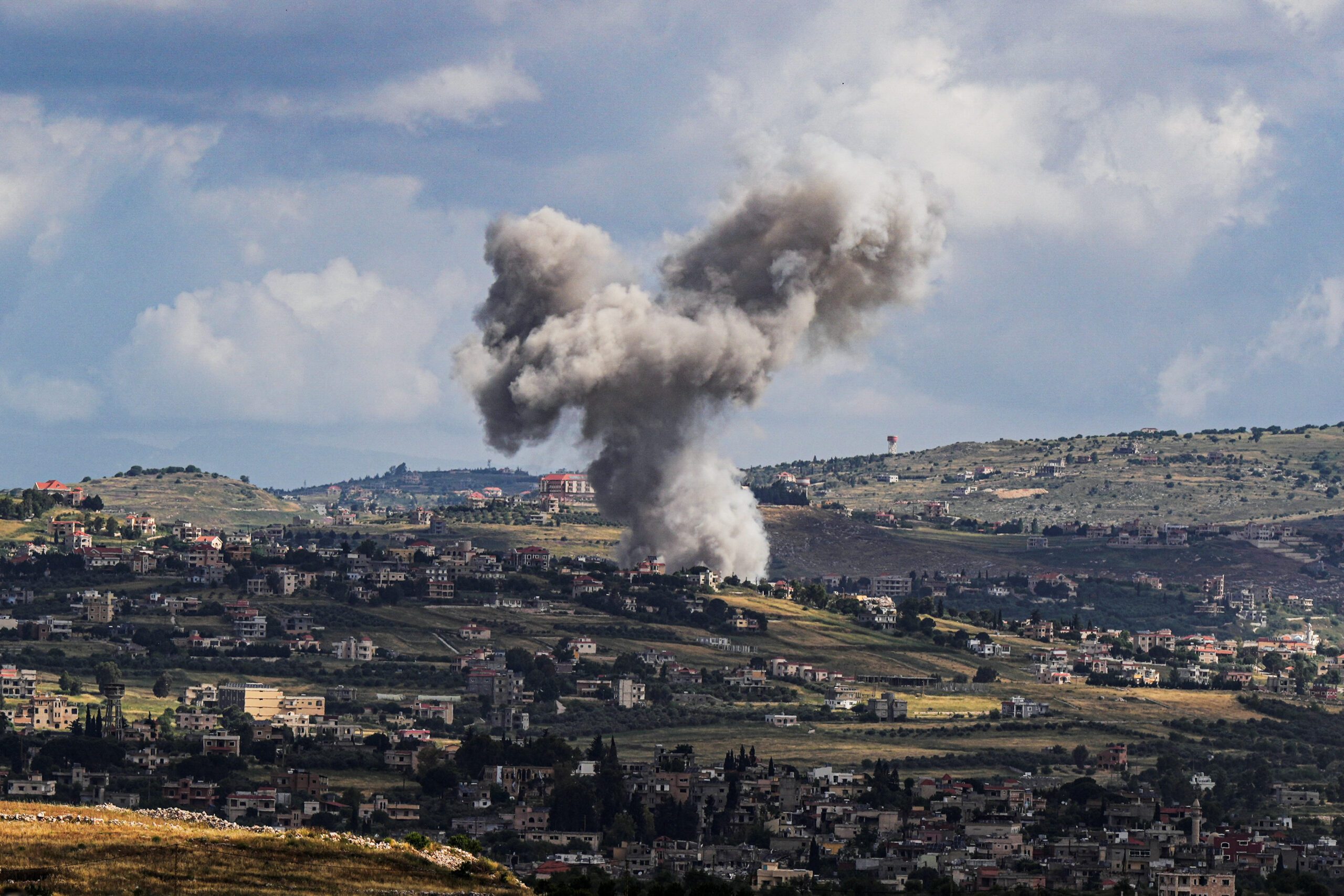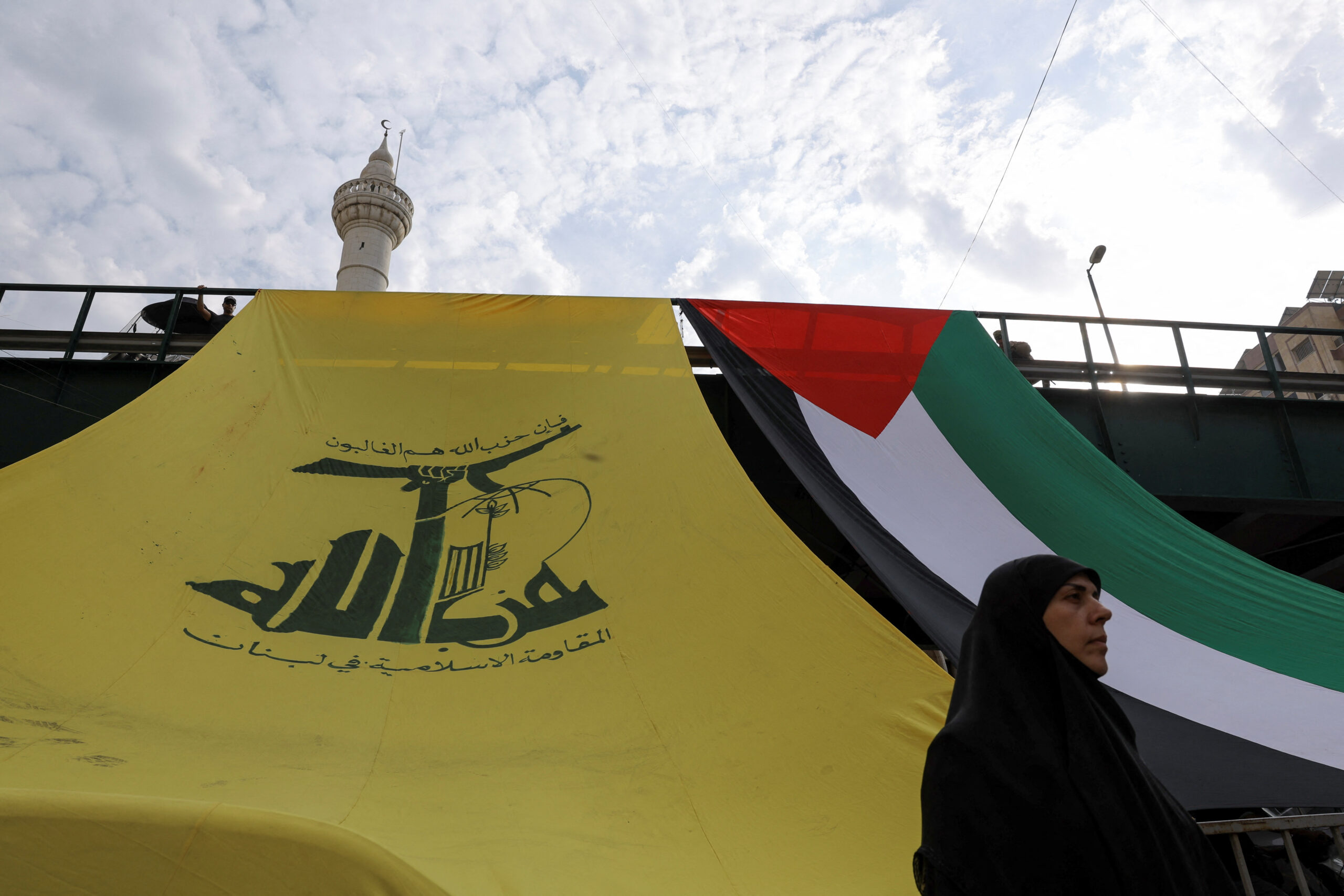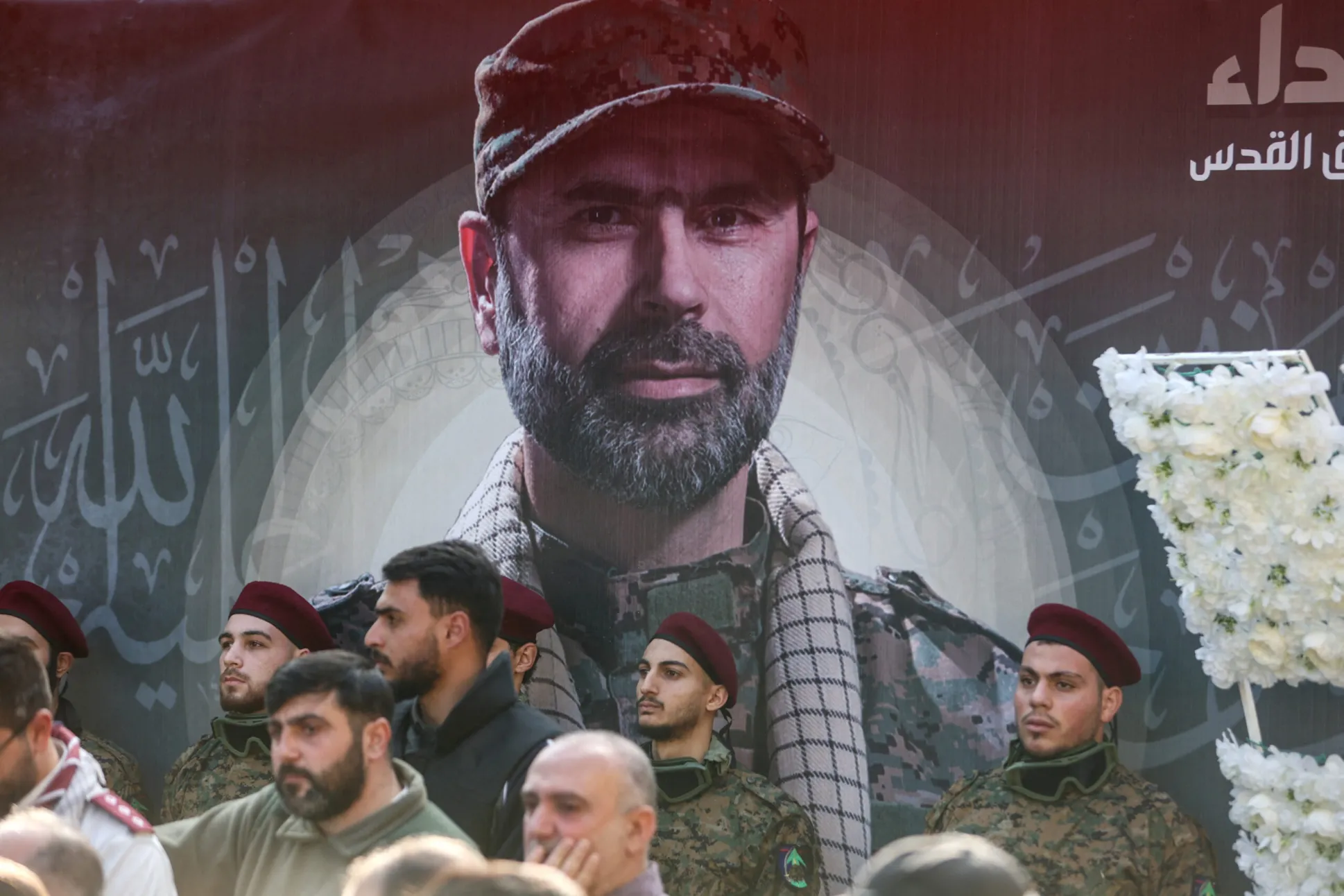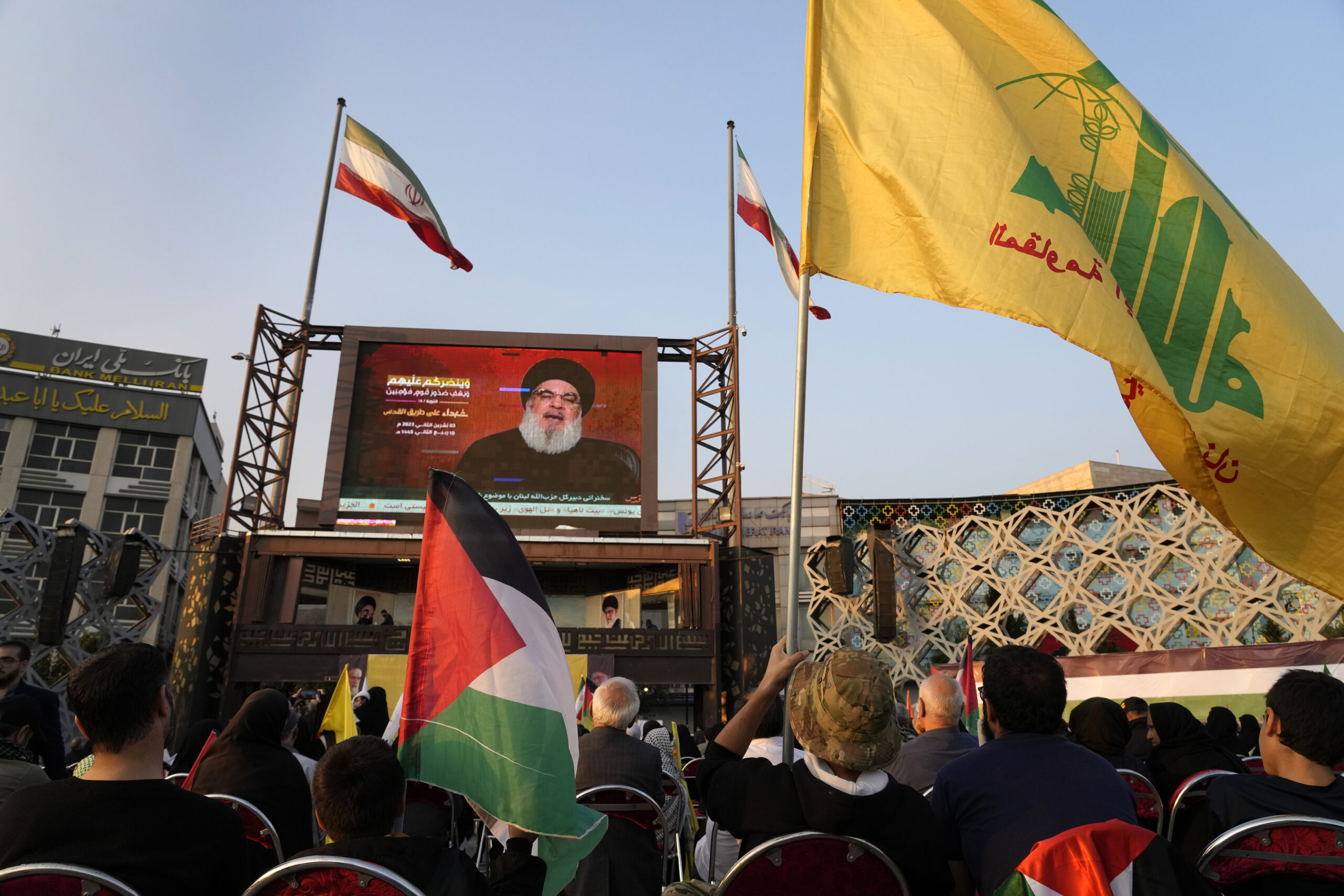Under the Shadow of the War: Israel and Hezbollah
By increasing attacks to the north, Israel may be aiming to provoke Hezbollah into a disproportionate response, justifying a harsher, more prolonged Israeli military response and in effect prolonging the war in Gaza.

Since the start of the Israel-Hamas war in Gaza October 7, 2023, Hezbollah has shown considerable restraint in its responses to Israeli attacks on its positions in Lebanon. However, intensified Israeli bombardments of southern Lebanon, targeted assassinations of Hezbollah’s midlevel commanders, and recent reported attempts on the lives of Hezbollah’s political and administrative figures would appear to signal a move by Israeli Prime Minister Benjamin Netanyahu to escalate the to-date contained, if sometimes spiking, conflict in the north, possibly as a way to prolong and expand the war in Gaza. Prolonging the war appears to serve the purpose of extending the life of the Israeli coalition government, as President Joseph R. Biden Jr. conceded in a June 4 interview with Time magazine. While Netanyahu dissolved his war Cabinet June 17 after the departure of opposition leader (and former Israel Defense Forces chief of staff) Benny Gantz, Netanyahu’s extreme right coalition government remains in place. Expanding the war may even be aimed at provoking Hezbollah into a disproportionate response, provoking conflict with Israel that could potentially draw the United States into a conflict against Hezbollah on Israel’s behalf. A full-bore military conflict in the north also shores up Netanyahu’s government, whose most right-wing elements have been calling for an invasion of southern Lebanon.
Is the leadership of the Islamic Republic of Iran ready to authorize Hezbollah to retaliate forcefully against Israel to establish deterrence, as Iran did with its April 13 direct attack against Israel? Or will Tehran restrain the Lebanese militia, fearing the obliteration of Hezbollah by Israel, possibly backed up by the United States?
Arabic- and Persian-language media reports show a significant increase in Hezbollah’s losses between June 1 and June 17. From October 8, 2023 to June 17, the Lebanese militia lost 341 fighters to Israeli bombardments, averaging a weekly attrition rate of nine fighters. Among the total losses since October, 11 individuals identified by the militia’s media as “commanders” have been killed, the first of whom died in January, averaging two commanders per month. Talib Samir Abdallah, reportedly the most important commander assassinated so far, was killed in a targeted attack June 12. More surprisingly, Israel has recently attempted to assassinate political and administrative figures. On June 13, Israel reportedly targeted the temporary residence of Hashim Safi Al Din, head of Hezbollah’s Executive Council and generally considered the second in command of Hezbollah. He is also the father-in-law of Zeinab Suleimani, daughter of the late Quds Force chief, Major General Qassim Suleimani. Safi Al Din appears to have survived the attack, as Mojtaba Amani, Iran’s ambassador to Beirut, dismissed speculation about the “martyrdom of Hezbollah officials” as “fabricated rumors” in a post on X, formerly known as Twitter.
Hezbollah does not leave Israeli strikes unanswered. Since October 2023, Hezbollah and Israel have exchanged fire, leading to the displacement of an unknown number of civilians in southern Lebanon and at least 60,000 Israelis in the northern part of Israel. In response to Abdallah’s killing, Hezbollah reportedly intensified its attacks against northern Israel. According to the Israel Defense Forces, these attacks caused little harm. Nonetheless, in retaliation, Israel ramped up its attacks against Hezbollah positions, increasing the risk of the Gaza war expanding to Lebanon.
While the Iranian political and military leadership is inclined to use Hezbollah to distract the Israel Defense Forces’ focus on Gaza, Tehran does not appear interested in an all-out war between Hezbollah and Israel, which could trigger U.S. military involvement in the conflict. Islamic Revolutionary Guard Corps media, such as Mashregh News, continues to emphasize the size and efficacy of Hezbollah’s missile arsenal, claiming it effectively deters an Israeli invasion of southern Lebanon. The Quds Force’s second in command, Brigadier General Mohammad Reza Fallahzadeh, appears to concur. At a ceremony commemorating the martyrs of the 1980-88 Iran-Iraq War, Fallahzadeh claimed, “the enemy has not achieved any of its objectives,” and “the Zionist regime has been weakened by the Deluge of Al-Aqsa operation.”
Should Israel, contrary to the IRGC’s expectations, invade southern Lebanon – in a replay of the 2006 war – with the aim of “destroying” Hezbollah, Iran’s reaction will depend on the efficacy of Hezbollah’s defenses and the United States’ involvement. If Hezbollah manages to survive an Israeli invasion and Biden keeps the United States out of the war, considering the upcoming presidential election in November, Iran may not feel the need to get directly involved. However, if Hezbollah faces an existential threat from Israel, or potentially from the combined forces of Israel and the United States, Iran will likely intervene to secure its Lebanese proxy and ally in an attempt to protect Hezbollah’s missile arsenal. The destruction of this stockpile would deprive Iran of crucial deterrence against potential Israeli bombardment of its nuclear installations.
The views represented herein are the author's or speaker's own and do not necessarily reflect the views of AGSI, its staff, or its board of directors.




















